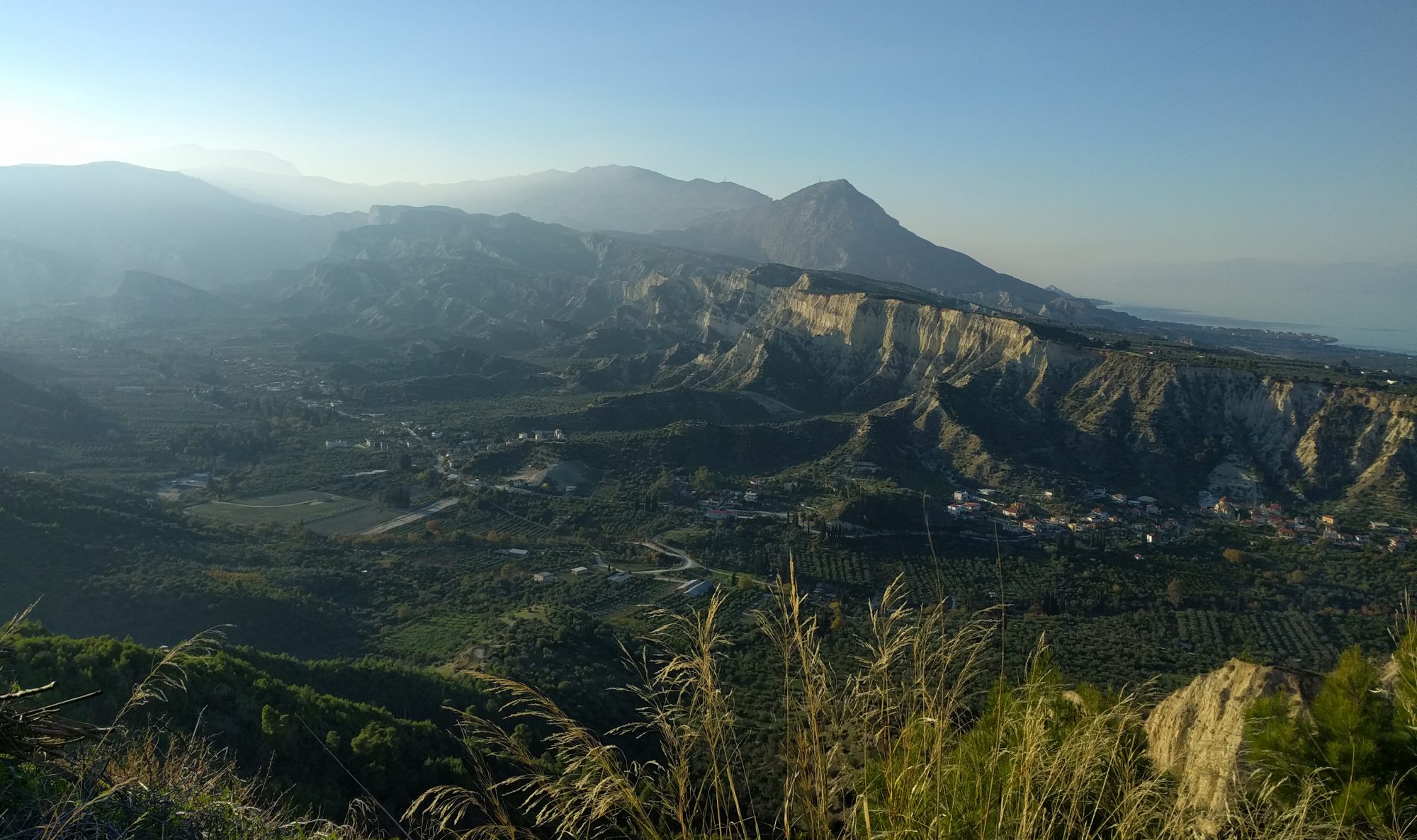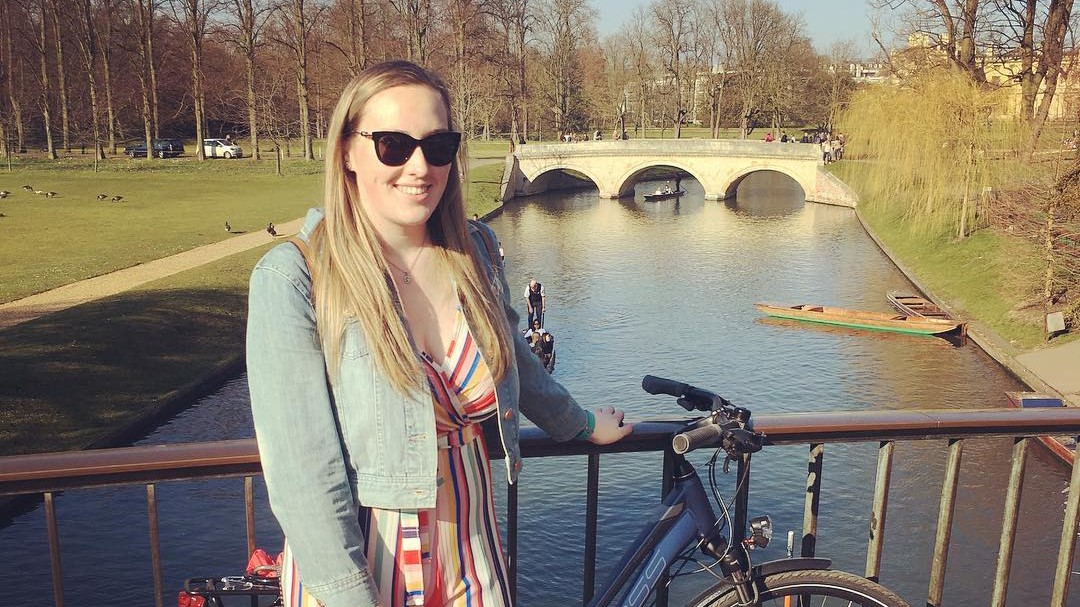A PhD student from our Department has recently answered a call to join an international mission to improve the understanding of earthquake impacts, response and recovery. Aisling O’Kane was selected as part of a team of volunteer engineers and academics investigating a destructive magnitude 7.0 earthquake and tsunami in the Aegean Sea. She was one of only two geologists selected for the mission and worked alongside structural engineers and response management experts.
The Institution of Structural Engineers’ Earthquake Engineering Field Investigation Team (EEFIT) typically launches a rapid mission to assess the damage from an earthquake and convey lessons learnt to the public within a timely manner – but only after a particularly large and damaging earthquake. While the Aegean has a reputation for being one of the most seismically active regions of the world, EEFIT sprung into action after loss of life, injury and structural damage occurred across the western coast of Turkey and Greek Islands on 30 October 2020.
The Aegean mission was unusual because it needed to be managed remotely due to the COVID-19 pandemic. Aisling led the investigation into the tectonics which caused the earthquake as part of the EEFIT Seismotectonics sub-team, which she did from Cambridge (before the pandemic, she would have travelled to the affected area for data collection and damage assessments).
Aisling commented, “Given the pandemic, connections with local universities were exceptionally important and enabled us to recruit three students as a field crew who could reach affected areas more easily and safely. Armed with specially designed mobile software and remote training delivered by my team and me, the field crew carefully collected data for us on geological features and building damage over two weeks.”
This collaboration meant that the mission stayed on schedule. Findings were presented as part of an online public lecture before the end of the year, which is now available on YouTube:
Aisling explained, “EEFIT missions report quickly so we can raise awareness of key issues with local communities and leaders, and give them a robust evidence base for when they are preparing for similar events in the future. In the case of this earthquake, variable geology across the Greek Island of Samos and Izmir in Turkey meant that people living within close proximity experienced varying levels of destruction, with those in soft soil areas bearing the brunt of most of the damage and building collapses. What’s more, the tectonic movement of the North Samos Fault, on which the earthquake occurred, caused the island of Samos to uplift and the region north of it to subside, meaning inhabitants of Izmir felt the effects of the subsequent tsunami to a greater extent. It’s information like this that communities need to have at their fingertips when rebuilding after an earthquake and preparing for any future events.”
As part of her PhD, Aisling uses seismology, numerical modelling, structural geology and geomorphology to assess the active tectonics of regions worldwide. She has experience of working with industry and local communities, with a particular focus on increasing the resilience of the built environment to ground shaking in earthquakes. Her PhD is funded by the Engineering and Physical Sciences Research Council (through an Industrial Cooperative Awards in Science & Technology) and Arup.
Aisling is also the Accessibility Officer and an Equality, Diversity & Inclusion (EDI) Committee Member for the Department of Earth Sciences.
“This mission was only possible due to the hard work and dedication from every member of the EEFIT team. It was refreshing to see such diversity across the mission team. I feel strongly that the earth sciences need to be accessible to a broader range of backgrounds and this project was one step closer to helping us connect more meaningfully with communities around the world.”
This post was adapted with permission from an original article by St Catharine’s College


